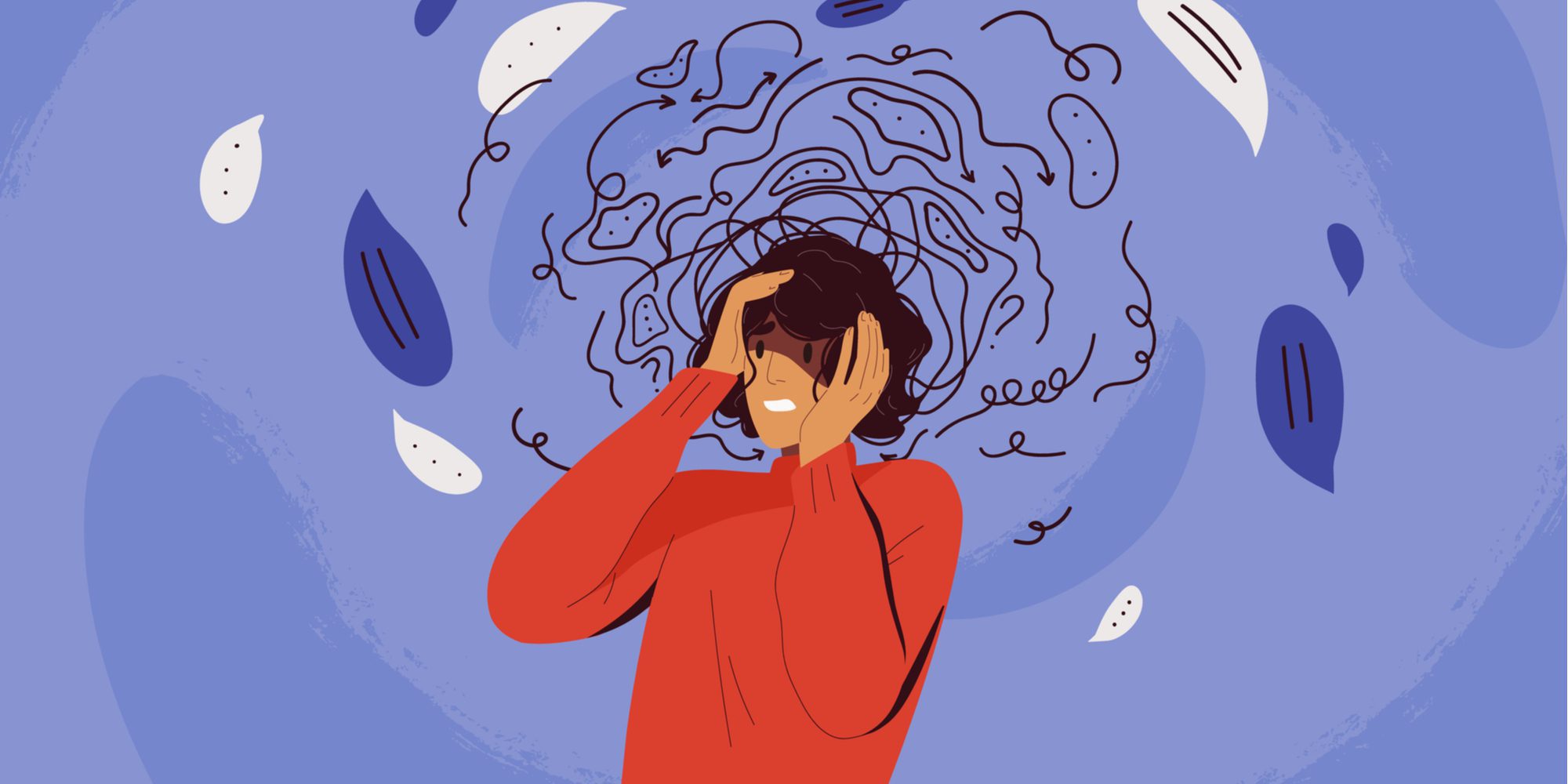To answer my overall inquiry question I will first have to answer “What are the differences in fear for adults and children?” This is important to my overall question as you need to know what the fears are in both childhood and adulthood before you can decide how they evolved.
What are the differences in fear/phobias for adults and children?
- Children have more fear generalization(1)
- Fear generalization is when fear caused by one trigger, is then caused by a different trigger
- When the brain matures, it starts to notice the difference between danger and safety ques.
- Children have a higher autonomic arousal
- Autonomic arousal is recurrent symptoms or signs in the nervous system
- Such as hyperventilation, nausea, and palpitations
- Autonomic arousal is recurrent symptoms or signs in the nervous system

- Common fears for children(3)
- Fear of the dark
- War
- Death
- Burglary
- Monsters or ghosts
- Divorce of their parents
- Common fears for adults(2)
- Fear of heights
- Fear of flying
- Fear of spiders
- Fear of snakes
- Fear of needles
- Children’s cognitive functioning is not fully developed meaning they cannot process their world like adults can.(4)
- Children often do not know how to respond or identify potential threats in the same way adults can
- They also do not realize if their fear is irrational as their brains are not as developed
- Fear can show itself differently in children as well
- Children may throw tantrums
- Have frequent nightmares
- Difficulty concentrating
- Adults can recognize and express fear better than children
- Adults can often verbally confirm that they are afraid
- Symptoms of fear for adults can be more like tense muscles or stomachaches
- Infants and adults experience less intense fear(5)
- Fear is connected to people’s cognitive mental states
- Across all ages, stories about imaginary creatures caused more fear than stories about real creatures
- Most adult fears come from situations they experience in their lives(6)
- Traumatic events
- Most young children’s fears are common and predictable
- This is because their fears are often needed to develop their brains
- A fear that is so intense that it follows a child into adulthood is considered a phobia
- Older people have a stronger fear of vulnerability
- Things like heights or large crowds become scarier as we get older
- Adults often have people that rely on them
- Adults do not want to be injured, as the people who rely on them would then be vulnerable
- As we age we have less adrenaline, which means we get dizzy spells and our heart rates go up
The fear we experience as children can be very different to what we experience as adults. Though we may keep some fears with us, especially if that fear is a survival instinct to keep us safe from potential threats. In my next post I will talk about how long fears typically last.
- https://www.ncbi.nlm.nih.gov/pmc/articles/PMC5066709/
- https://www.baptisthealth.com/blog/family-health/10-most-common-phobias-fears
- https://www.betterhealth.vic.gov.au/health/conditionsandtreatments/fear-and-anxiety-children
- https://www.pyramid-healthcare.com/anxiety-kids-adults/
- https://pubmed.ncbi.nlm.nih.gov/18717892/
- https://www.healthcentral.com/article/how-fears-and-phobias-change-as-we-age

Hello Natalie,
This post is really good seeing that most people have fear at many things. I for example have fear of heights. Am now a teenager and I still fear heights. I can’t wait for your next post because I think it will explain why I still fear heights even after growing up. I would also like to know how to fight my fears and does it completely go away or it will at some point come back? Also how can I train my mind to forget about it? Again this is a really nice post you have.
Here are some helpful sources for you:
https://rapidcareemergency.com/how-long-do-anxiety-symptomslast/#:~:text=Anxiety%20attacks%20can%20be%20mild,for%2030%20minutes%20or%20less.
https://www.nhsinform.scot/healthy-living/mental-wellbeing/fears-and-phobias/10-ways-to-fight-your-fears
https://www.mentalhealth.org.uk/explore-mental-health/publications/how-overcome-anxiety-and-fear#:~:text=Fear%20and%20anxiety%20can%20last,go%20to%20work%20or%20school.